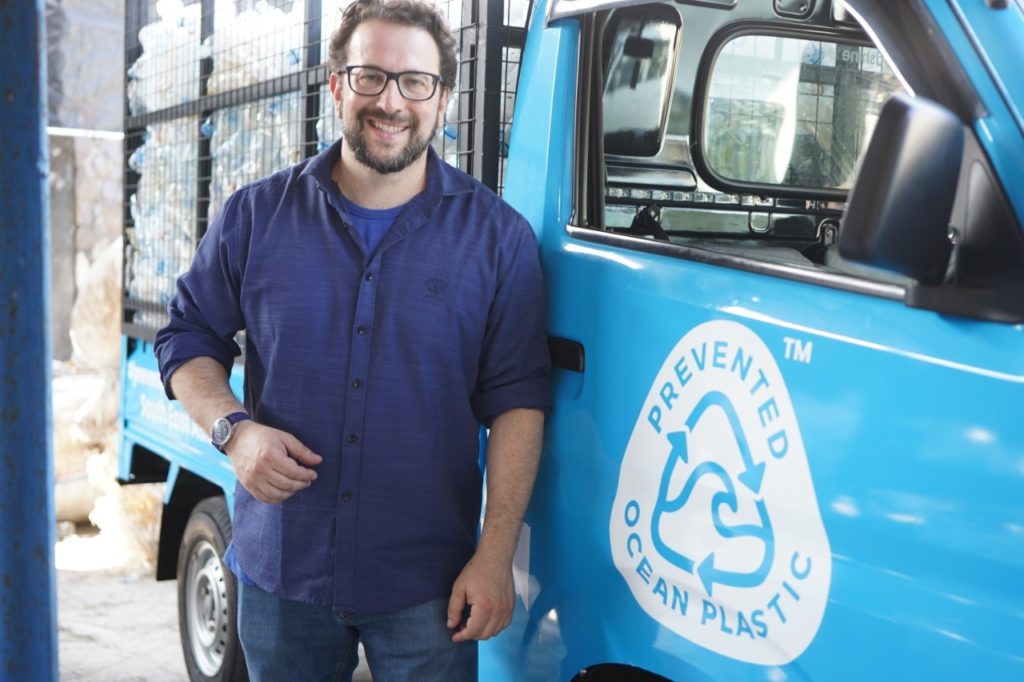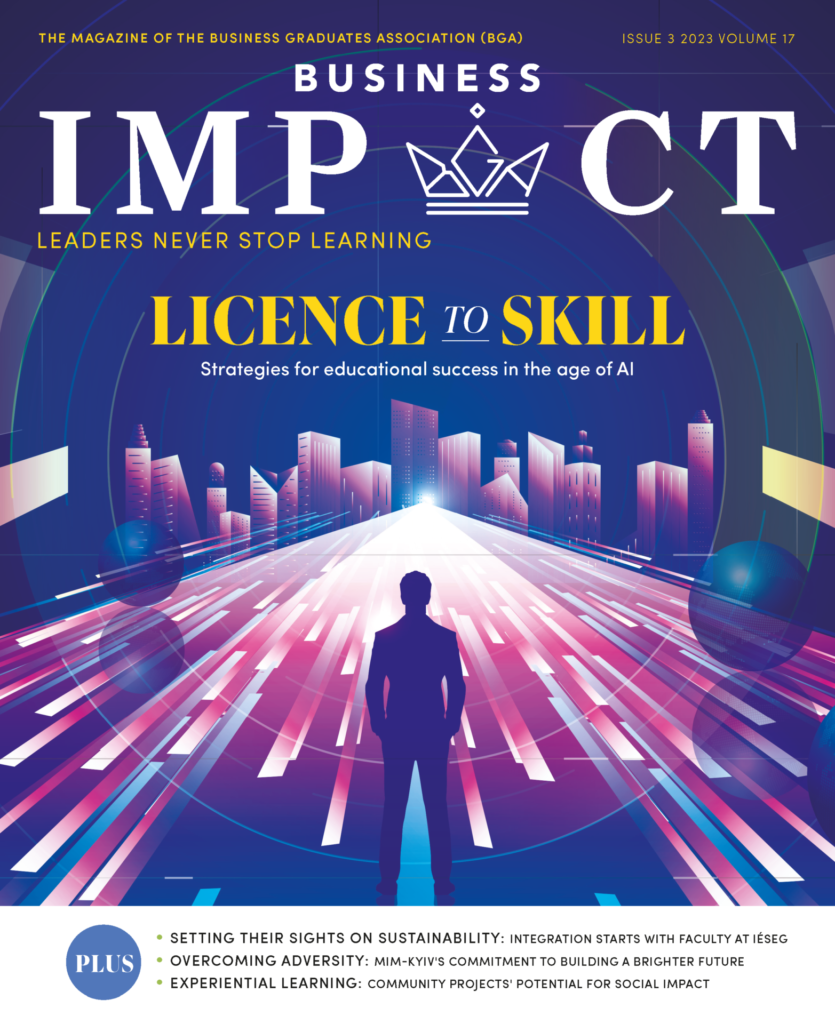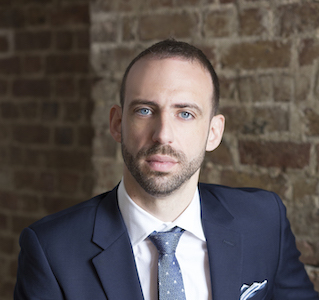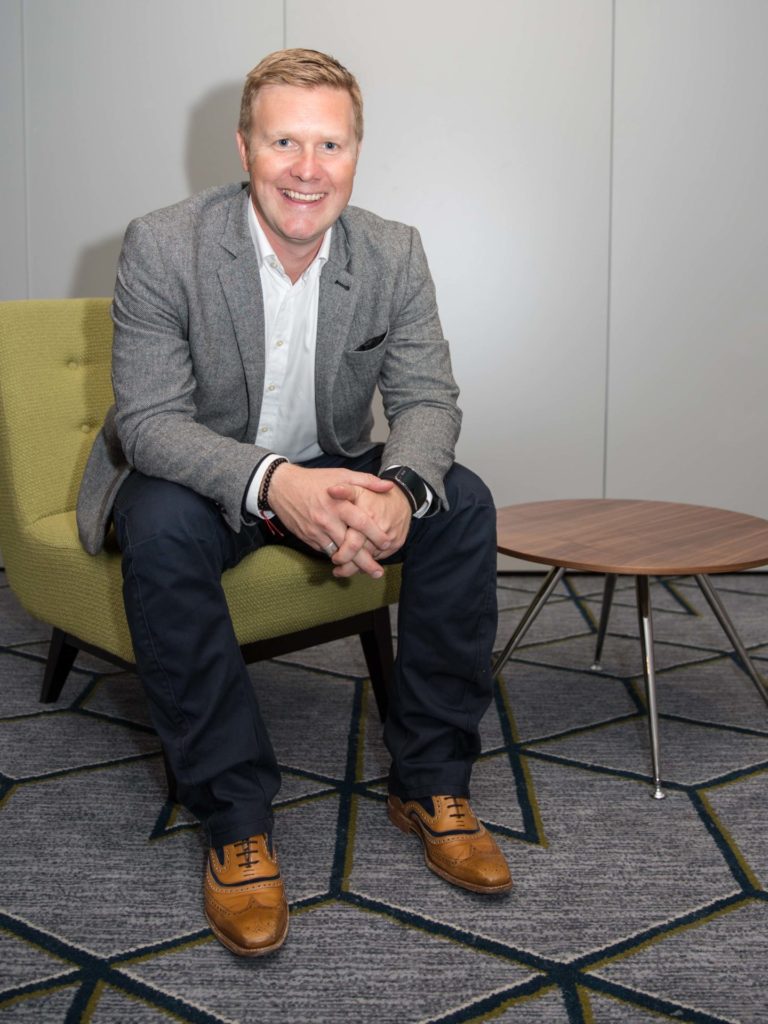How start-ups build legitimacy in an uncertain environment


An entrepreneur differentiates her new venture from others by emphasising its novel qualities, yet she must simultaneously attempt to overcome the ‘liability of newness’. This relates to the idea that young organisations are more likely to fail than established firms because they are perceived as less legitimate, must rely on unfamiliar outside parties for resources and often find themselves unable to outcompete market leaders.
For start-ups experiencing valuation lag, it is particularly important to pair the material practices of innovation with symbolic work aimed at building current and potential stakeholders’ confidence. As sociologists Paul DiMaggio and Walter Powell have argued, industrial conditions of uncertainty often give rise to imitation. Firms in unsettled fields model themselves on organisations and organisational forms that are widely recognised as successful. In other words, entrepreneurs can benefit from emphasising the ways in which their ventures are similar to other start-ups that have already made it big.
Presenting and promoting potential
Silicon Valley workplaces generally conform to the tech industry’s institutionalised rules of legitimacy. Google’s campus in Mountain View, California, spawned countless imitators of its open offices, comfortable and whimsical common spaces, as well as its provision of amenities, such as free meals for employees.
A single managerial decision can therefore have both intrinsic and symbolic dimensions. When a company’s founder installs a keg refrigerator in a corner of the office and wears T-shirts and hoodies to work, he is signalling that his company sprang from the same mould as previous start-up unicorns.
For founders and executives, presenting convincing displays of a start-up’s prospects is a crucial precondition for acquiring resources and generating wealth. As founders seek to address valuation lag, they find that investors’ confidence in their companies’ future potential matters far more than the value they have created in the present. Entrepreneurs attempt to manage investors’ collective beliefs about the company, building current and potential stakeholders’ faith in an enterprise that has yet to demonstrate its worth by presenting an image of success and promoting excitement about the start-up’s future.
Building and meeting expectations
Entrepreneurs are deeply aware that they must convincingly perform their self-assurance. Founders calibrate their emotional displays to build external parties’ confidence in their start-ups. As economic geographer Daniel Cockayne notes, entrepreneurs “perform their own human capital, demonstrating both their personal capacities for production and their affective attachments to their work” when expressing unfailing enthusiasm for their roles and their faith in their ventures.
Like a start-up’s founders, its employees, too, find that labouring in organisations is not simply a matter of engaging in productive physical or mental activity. Work also requires individuals to learn the proper affective tone for their social setting. Employees regulate their emotional expression to match the expectations that accord to their role.
Workers engage in ‘surface acting’ when they manage their outer expressions — which may conflict with their inner feelings. But they may also engage in ‘deep acting’ when they try to control their own thoughts and feelings so that they match external expectations for emotional display. When people engage in deep acting that matches what sociologist Arlie Hochschild calls a workplace’s ‘feeling rules’, it can be difficult to say where the ‘true’ self ends and mere emotional display begins.
Bolstering commitment
In venture capital (VC)-backed firms, stock options link the interests of the workers who receive them with those of VCs and entrepreneurs, bolstering employee commitment to the organisations for which they labour. In practice, this means that the speculative logic of finance capital can pervade the upper echelons of the shop floor.
The promise of stock options incentivises even mid-level workers to engage in emotional displays aimed at bolstering the legitimacy of the companies in which they hold a financial stake. In this context, hiring a ‘director of happiness’ focused on keeping employees in a positive mindset makes sense as a concrete investment.
This is an edited excerpt from Behind the Startup: How Venture Capital Shapes Work, Innovation and Inequality by Benjamin Shestakofsky, reprinted courtesy of the University of California Press. Copyright 2024.
AMBA & BGA members in the UK and Europe can enjoy a 30% discount on a copy of Behind the Startup, courtesy of the Book Club. Please click here for details.
Benjamin Shestakofsky is an assistant professor of sociology at the University of Pennsylvania, where he is affiliated with
AI at Wharton and the Centre on Digital Culture and Society
Read more Business Impact articles related to entrepreneurship:

Education must never be a dirty word
Despite the abundance of benefits it could bring to wider society, prisoner education still remains a taboo subject, says James Tweed, the founder of digital learning company, Coracle

What it’s really like to be an executive at a startup – and how it’s different from being a director or manager
Is being a startup executive really that different from being a manager or director? Yes, but probably not in the ways you think, says the author of ‘Lead Upwards’, Sarah Brown

Three topics every successful entrepreneur gets legal advice on
Legal structure, documentation and intellectual property. Solicitor and ‘entrepreneur in residence’, Michael Buckworth, looks at three areas that all startup founders need to get right
Want your business school to feature in
Business Impact?
For questions about editorial opportunities, please contact:
Tim Banerjee Dhoul
Content Editor
Business Impact









































